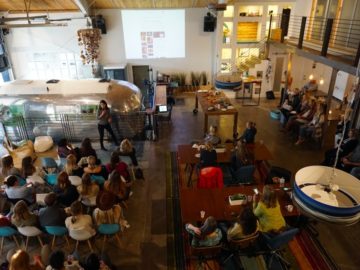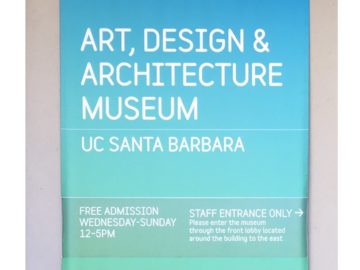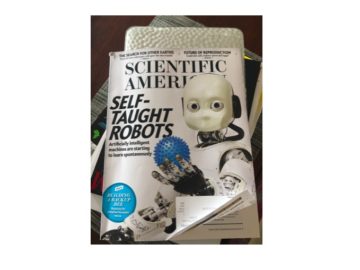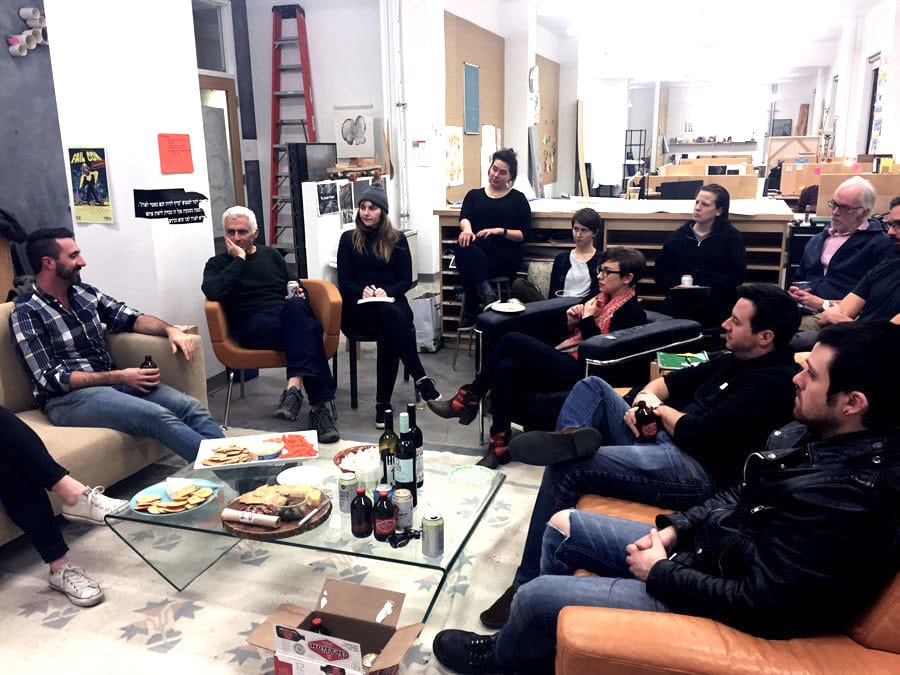
Peter Schoonmaker and PNCA students are designing for the future.
Peter Schoonmaker is the Founding Chair and Associate Professor of the MFA in Collaborative Design and MA in Design Systems programs at Pacific Northwest College of Art (PNCA), Portland, Oregon. He came to PNCA, with a PhD from Harvard University in Organismic and Evolutionary Biology. His entrepreneurial practice focuses on multi-scale and ecological dynamics design with private business, government, and nonprofit sectors. Peter focuses on designing mutually beneficial partnerships that promote a sustainable society.
Past projects include one of the first web-based environmental news services, watershed assessments, Holocene environmental dynamics, conservation studies in salmon population modeling, Hawaiian forest birds, Andean condors, peregrine falcons, Pacific salamanders, and in rural community program developments.
Peter has held positions at University of Massachusetts, Oregon State University, Willamette University, Portland State University, and Linfield College.
By Jody Turner
Hello Peter, it is wonderful to work with you at PNCA and to learn how you have designed a program to better serve innovation and sustainability with intriguing teachers and inspired students.
Why have you developed this program at PNCA? I have heard you talk about the biophysics of the planet, how recycling is not enough, and how advocates of it are not tracking the scale and facts of physics?
We started this program because science, policy, and business were not getting it done for sustainability. We needed a different creative approach, but one that was practical by nature. We needed to design a sustainable future. Our faculty embodies this idealistic, yet practical approach. For example, Skye Moret came on board because of her work as a scientist and communications designer. With her oceans and arctic work, she is tracking, recording, and visualizing how much plastic really is in the ocean. She is teaching our students critical thinking, tracking, and how to capture the scientific story of our planet.
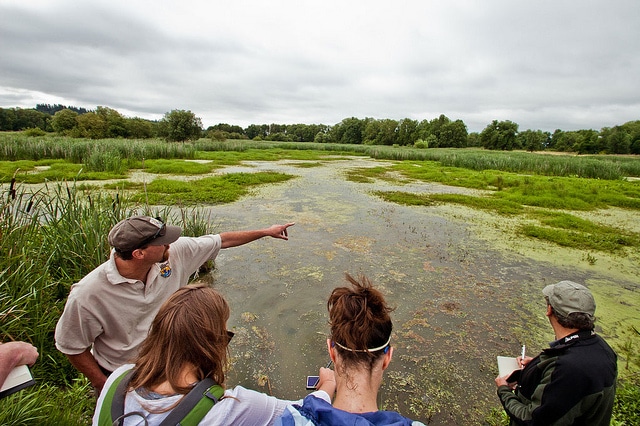
MFA Collaborative Design Studio Labs take students to project sites all around Oregon and the Portland Metro Area. Here at the Ridgefield Wildlife Refuge, WA. Photo: Laura DeVito.
We are currently looking at profound biophysical impact on the planet. All of us— myself included—who are spewing out CO2 are out of touch with reality. It is hard for businesses to act on this reality with our current economic model. In many sectors, perverse incentives make it difficult to invest in environmental and social good. The short-term profits outcompete long-term payoffs.
In regard to tracking longer-term futures—25, 50, 75 years out—non-linear events can affect our predictive thinking. For instance, things are better than we expected with renewables, but sadly it is not shifting the global sustainable impact needle. It’s not giving us what we need to solve the big picture climate issue.
You have a design approach I think is viable, can you talk a bit about designing from the future? This is actually why I called my company Culture of Future!
Is it viable to design as if for your grandchildren? I want to design from the future, and for the students to design with their heads in 2050. What would it be like to time travel back to 2018, 2020, 2025 from that future to anticipate the needs and understand resources trends, so that we can all live well together long into the future.
Zack Denfield thinks this way. He is an Associate Professor at PNCA but primarily works as a researcher with the Science Gallery, Trinity College, Dublin. Zack designs for multiple future scenarios, and poses challenges to his colleagues to design for imagined dystopias (and sometimes utopias). He and his partners Cat Kramer, program alum Emma Conley, and program mentor Heather Julius look at the intersection of climate, pollution, habitat, and food systems.
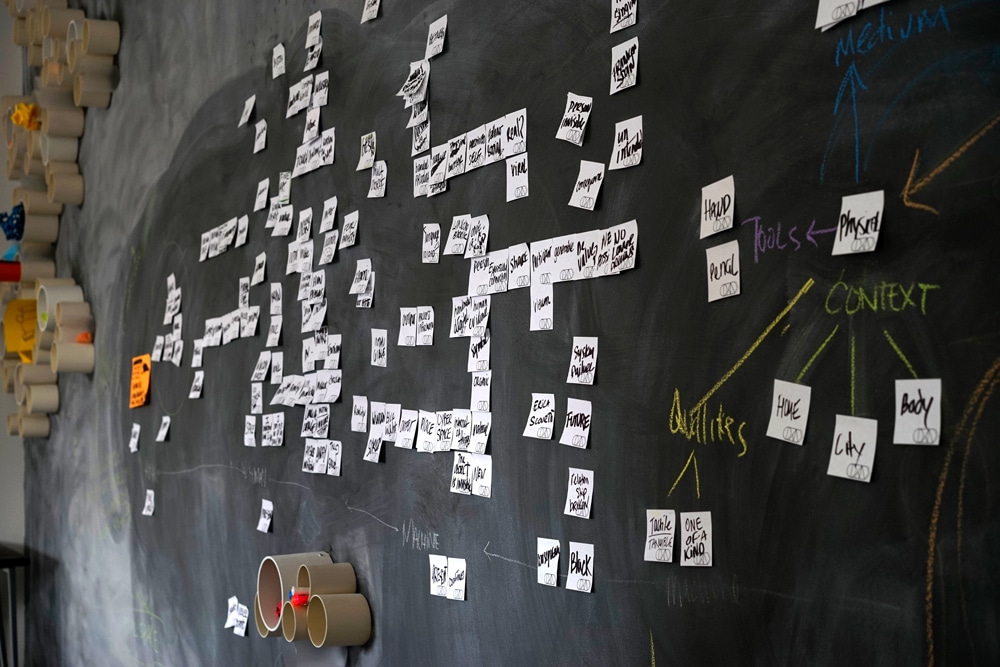
Project Mapping at PNCA.
What has been most surprising to you at PNCA, in the development and implementation of the master’s programs in Collaborative Design and Design Systems?
I used to be surprised by how much program re-design we do. Now it’s become second nature. We’re constantly course correcting based on feedback from students, alumni, faculty, partners, and clients. That’s what led to our new MA in Design Systems—a more condensed “studio lite” version of the MFA. The program itself is an adaptive system that continually cycles through small to moderate feedback loops, which beats a “big back-loop” i.e., a system-altering crash.
For more information: Collaborative Design and Design Systems.


